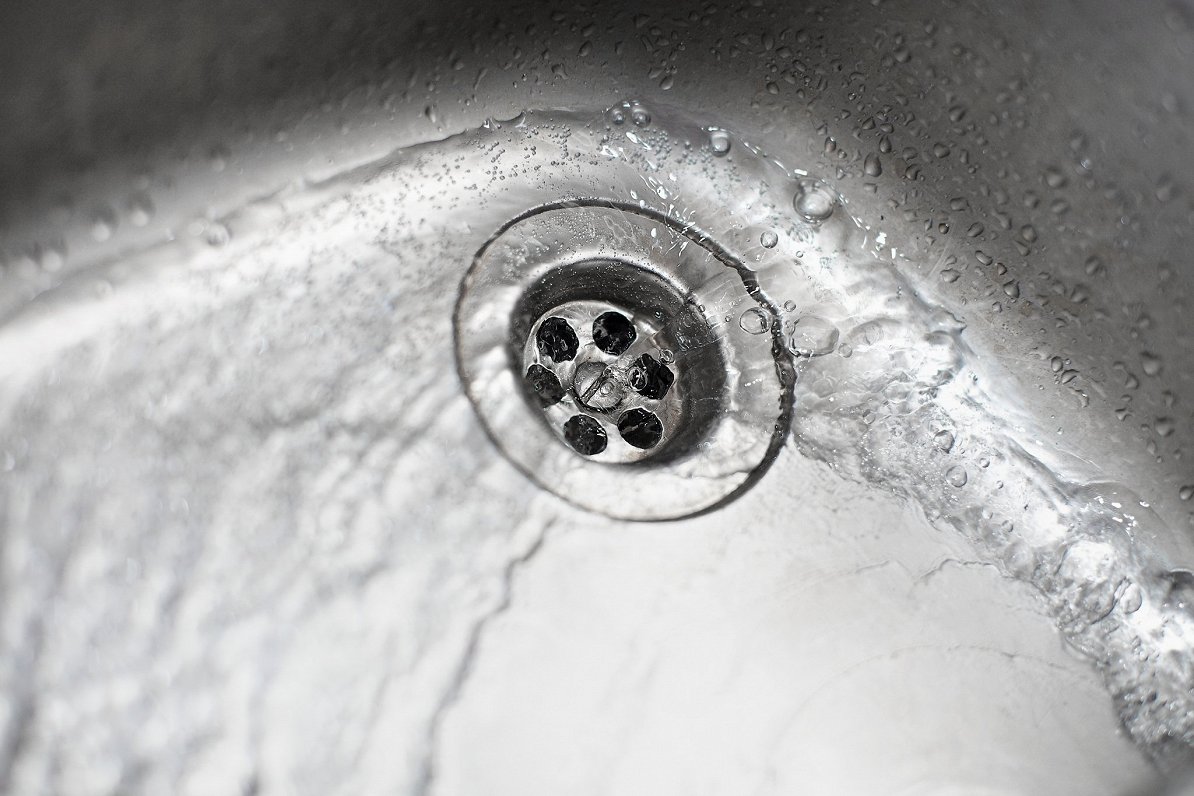In ten months of this year, the SPKC identified 69 cases caused by the legionella bacterium. In the same period last year, 51 cases were recorded.
The SPKC explained that there has been a growing trend for several years. The infection is caused by water containing legionella. The infection can be inhaled by aerosol water particles containing the bacterium, for example, while showering.
"We know that Cabinet regulations were put in place to reduce water temperature in residential buildings. There is a tendency for legionella to breed. Legionella bacteria multiply when the water temperature is between 20 and 45 degrees. Because at temperatures above 50 degrees, these bacteria are dying," saidViktorija Leitēna, an epidemiologist at the center.
The disease is characterized by rapid onset, high temperatures, and respiratory illness-like symptoms. Rapid pneumonia can also start and the outcome can be fatal.
Six people have died from Legionnaires' disease this year, but last year it was eleven in the first ten months of the year.
In homes where legionella has been detected in the water system, the operator has a duty to warn all residents. For example, the “Riga House Manager” (RNP) places announcements in mailboxes with information about the spread of these bacteria and the security measures to be taken.
“What is noticeable is that when there are particular price hikes, like last year's energy crisis, when heating and therefore hot water become more expensive, then people tend to take all sorts of austerity measures. Unfortunately, they are often implemented at the expense of general health. Unfortunately, then, we are faced with some outbreaks. And then we inform and explain to customers that this saving is not worth it and all prevention measures must be implemented so that this bacterium is not able to multiply,“ said RNP spokeswoman Una Grenevica.
In cases where the bacterium has multiplied in an RNP house, the operator shall take chemical disinfection measures. Grenevica explained that they are effective in most cases. After disinfection, a repeat test is carried out and the result is reported again to residents of the home.
However, people must also remember to let the water run for a while if it has not been used for some time, preferably at temperatures below 20 degrees or above 45. It is also recommended to disinfect water taps and shower heads with chlorine.





























